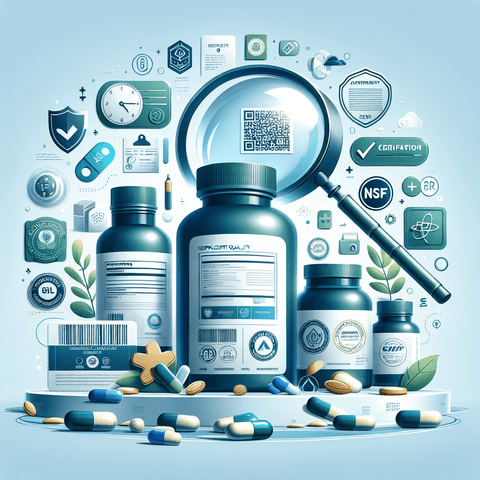Genuine supplement testing is more than a marketing promise—it’s a measurable, transparent process that helps you prove quality before you buy. By focusing on genuine supplement testing, you can verify that a product’s label matches its ingredients, that the batch has been independently analyzed, and that the manufacturing practices meet established standards. This page explores the tests, certifications, and red flags that prove supplement quality, so you can buy with confidence. Within genuine supplement testing, key tests include identity testing to confirm the presence of listed ingredients, potency testing to compare labeled amounts with actual amounts, and contaminant screening for heavy metals, pesticides, residual solvents, and microbiological safety. A certificate of analysis (COA) from a credible laboratory, ideally batch-specific and linked to the exact lot you buy, is essential. Look for testing performed by independent labs accredited to ISO 17025 or for certifications such as USP Verified or NSF Certified for Sport; these signals indicate a credible testing program. Certifications and standards matter in genuine supplement testing because they establish reliability and traceability. GMP compliance ensures manufacturing controls, while third-party certifications add an objective review. Genuine supplement testing often includes transparency about test methods and limits, documentation of lot numbers, expiration dates, and clear labeling. When evaluating products, check for a COA that names the lab, the test methods, the acceptance criteria, and whether the COA covers the exact batch you are purchasing. Red flags in genuine supplement testing include COAs that are not batch-specific, missing test methods, or a COA that reads as generic marketing rather than a lab document. Vague claims, an absence of independent lab verification, or a lack of traceability to the product’s lot can signal gaps in quality. Other warning signs include missing or inconsistent lot numbers, expired certificates, or vendors that refuse to share testing results or provide contact information. By staying aware of these signs, you can compare products on a level field and buy with confidence.

